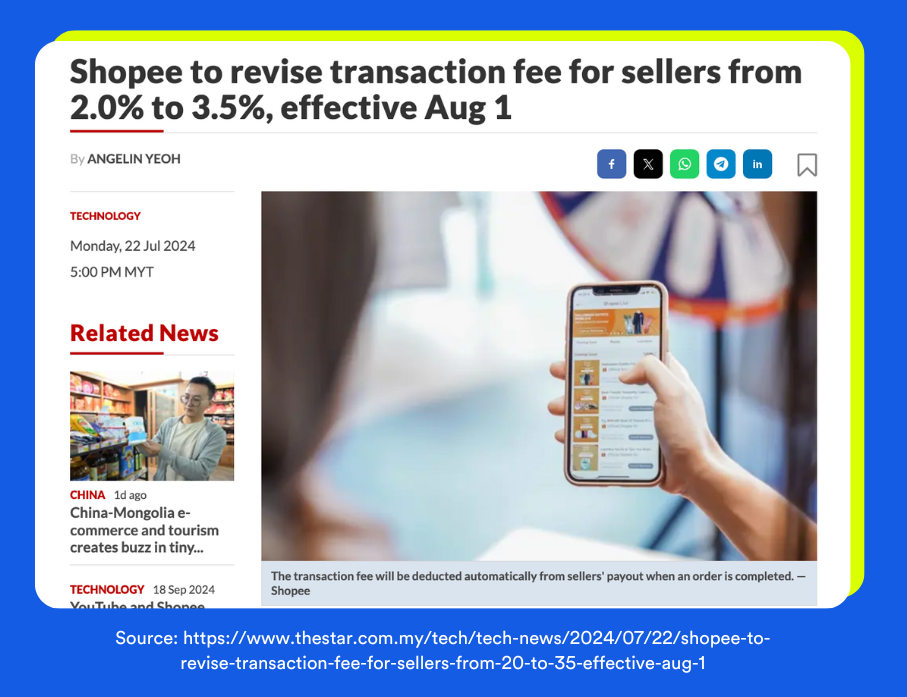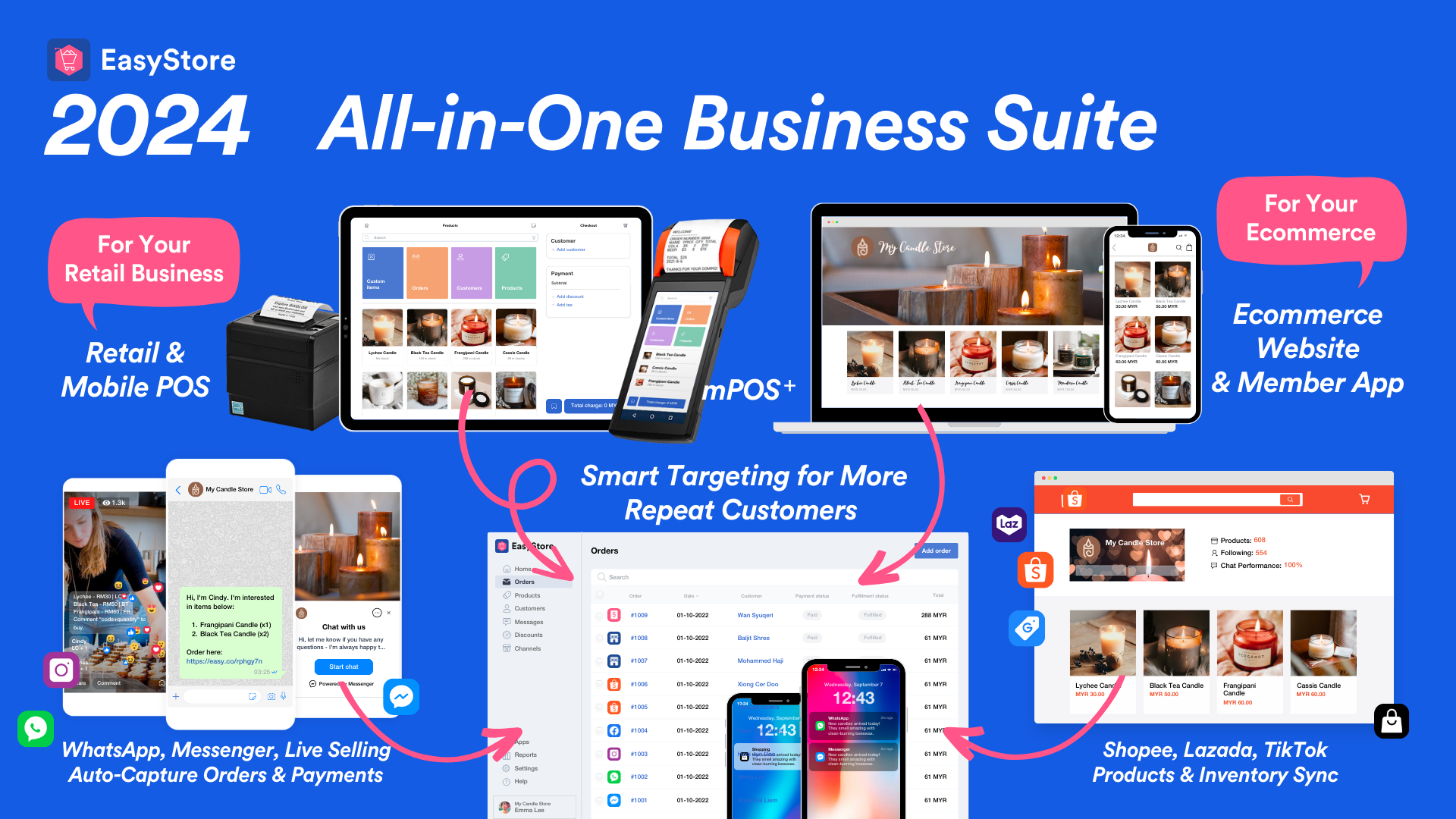Marketplace Fees in 2024 - How It Affects Malaysian Retailers Brand Strategy?
By Kelie Wong · 2nd October, 2024
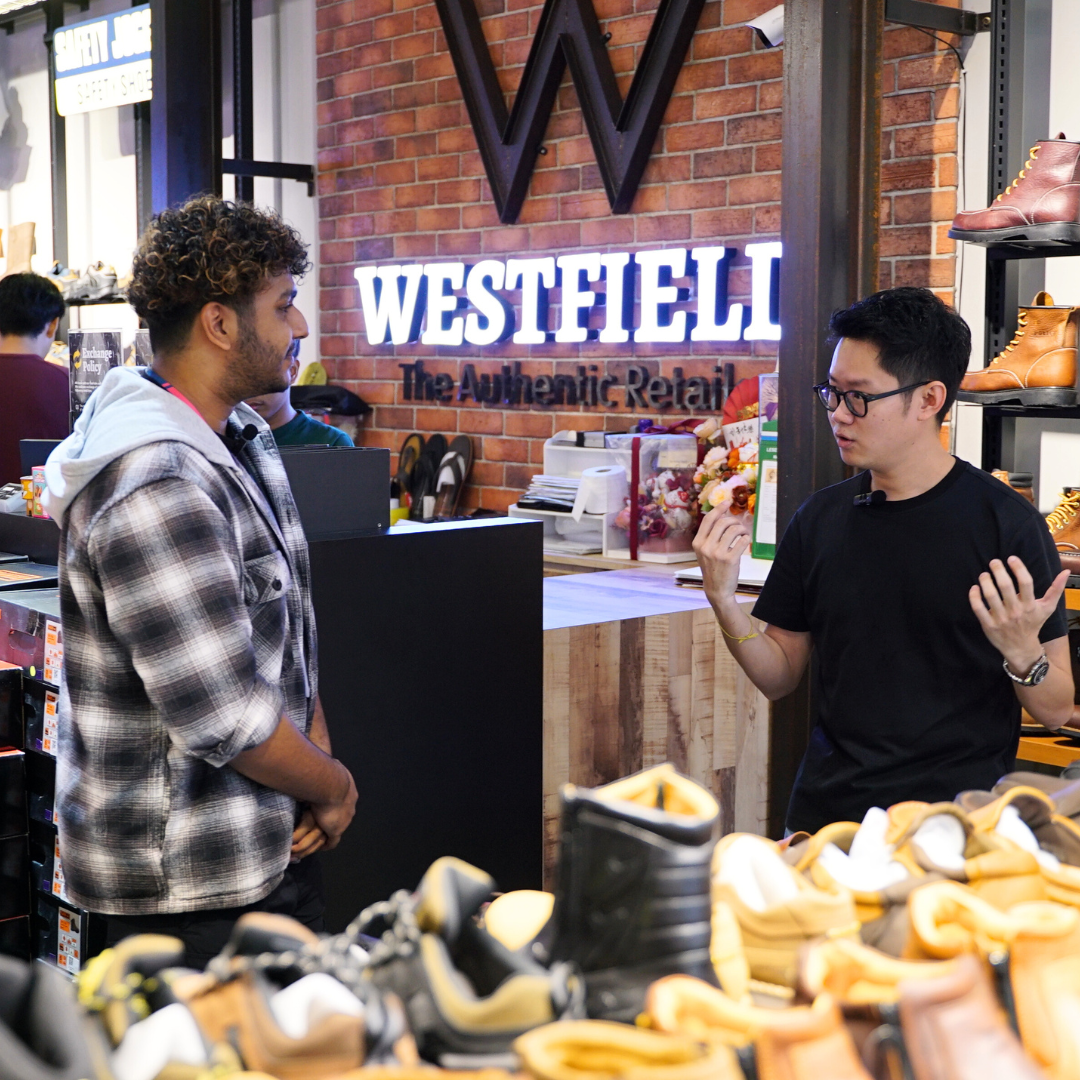
In recent times, Malaysian retailers have faced a challenge: rising marketplace costs.
These increased fees affect how much retailers pay to sell their products online, which can squeeze their profits and impact their bottom line.
This, in turn, can also lead to higher prices for customers, as retailers may need to pass on some of the increased costs to maintain their profit margins.
So, what are Malaysian retailers doing to navigate these rising costs?
6 Common Marketplace Fees
Before dwelving into how Malaysian retailers navigate it, here are 6 common types of marketplace costs that sellers might encounter:
- Transaction Fees: A percentage fee charged on every sale made through the platform.
- Commission Fees: A fixed percentage of the sale price retained by the marketplace as their cut.
- Listing Fees: Fees charged for listing products on the marketplace, often per item or per batch.
- Payment Processing Fees: Charges for processing credit card or other payment methods (may be flat or percentage-based).
- Shipping Fees: Costs associated with shipping, often passed to the seller or calculated separately based on marketplace policies.
- Fulfillment Fees: Charges for warehousing, packing, and shipping if using a marketplace's fulfillment services.
Marketplace Fee Updates (as of September 2024)
Recently, key marketplace players including Shopee, Lazada, and TikTok have revised their transaction fees:
Shopee
- Transaction fee increased from 2% to 3.5%.
- Commission fee rate revised for Electronics,Fashion, FMCG and Lifestyle products, effective 1st August 2024, click here to visit full list.
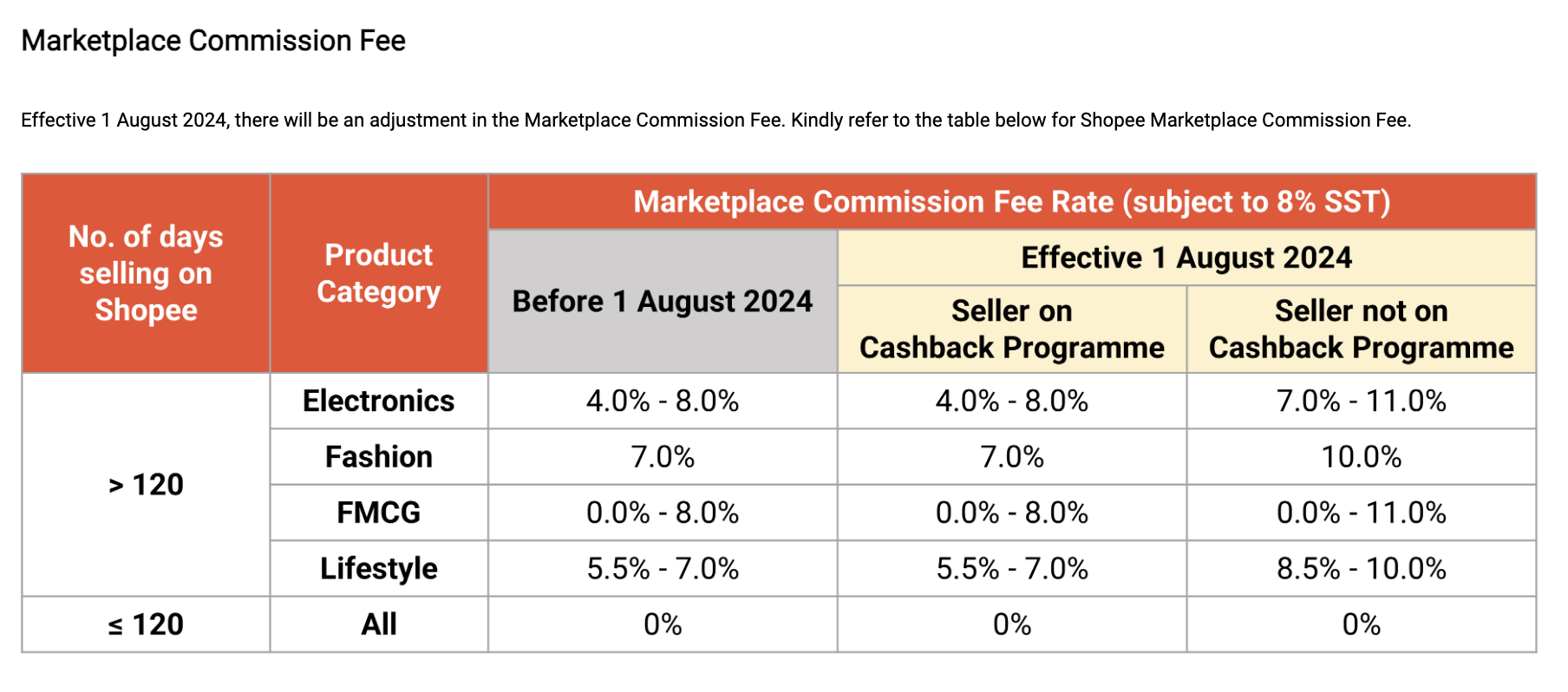
Lazada
- Transaction fee increased from 2% to 3.5%.
- Commission fee rate revised for Electronics, Fashion, FMCG, General Merchandise and Digital Goods, effective 15th August 2024, click here to visit full list.
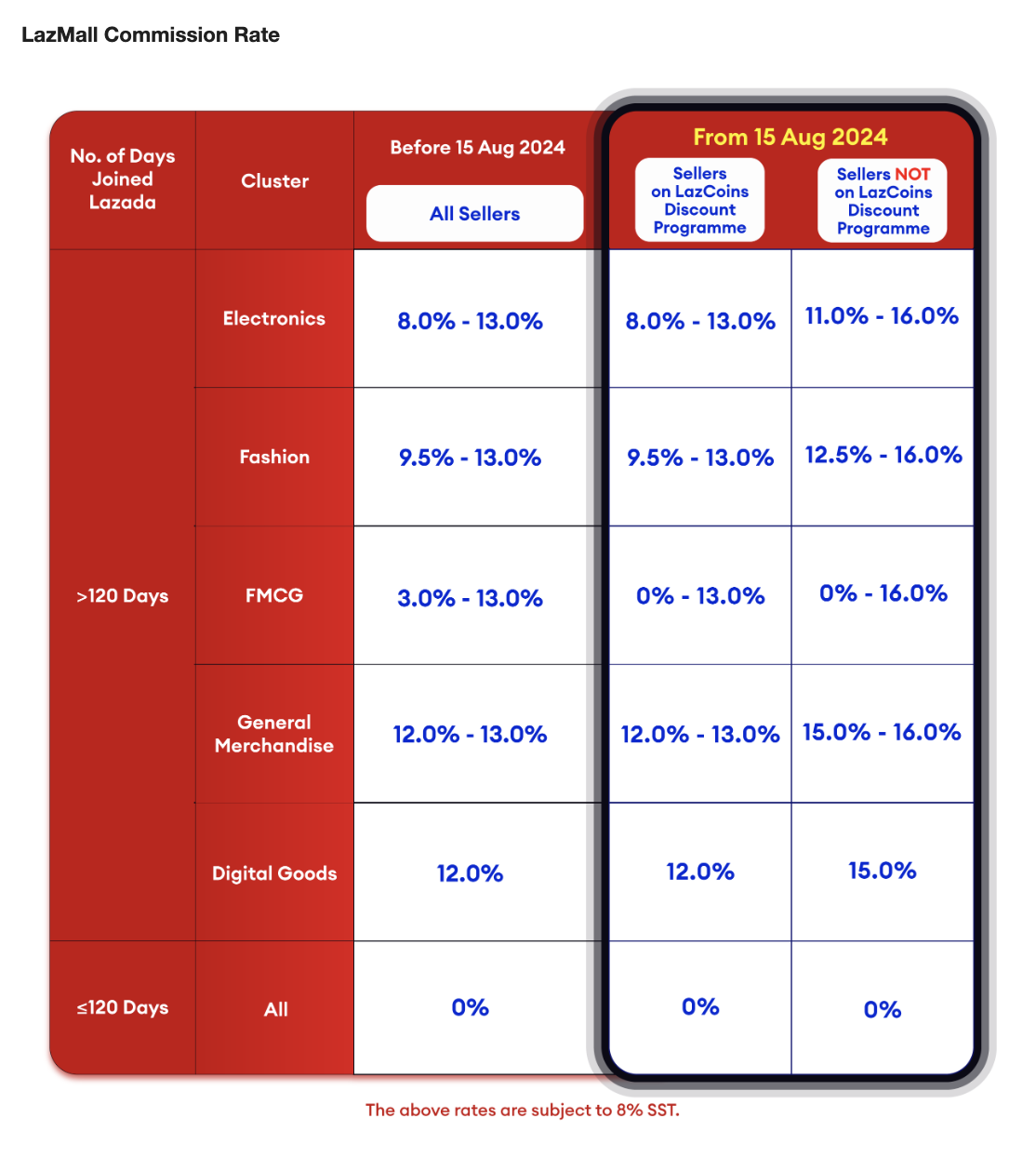
TikTok
- Transaction fee increased from 2.16% to 3.78%.
- Commission fee revised for Electronics, Fashion and FMCG, effective 5th September 2024. Visit link here for full list.
The Impact On Businesses and Customers
As marketplace fees continue to rise, retailers are feeling the squeeze on their profit margins. An increase in transaction fees, for example, forces retailers to absorb higher costs with each sale made on these platforms.
In response, some retailers might opt to raise their product prices, shifting the burden onto customers. However, this strategy can backfire, as sudden price hikes could discourage buyers and harm the overall brand experience.
EasyStore had the opportunity to interview founders of Westfield, Kiss and Tell and Spanco, who have been actively selling on Shopee since before the pandemic and adapting to the changing landscape.
Westfield offers a comprehensive range of products from durable safety boots to casual workwear and equipment.
With a strong online presence, including 45k followers on Shopee a 4.9-star rating from 37.5k reviews, Westfield serves various industries such as construction, oil & gas, telco, and government entities.
When asked about how rising transaction fee affects their customer experience, here's what they said.
"We can't control it, but what we do now is focusing on being a brand that customers automatically return to."
- Richard, Founder of Westfield
Kiss and Tell, established in 2012, sells innerwear both online and offline, offering a blend of comfort and style that women love to share.
When asked about how rising transaction fee affects their customer experience, here's what they said.
"Shopee is another platform for us to acquire customers but we focus on our online store."
- Michelle, Founder of Kiss and Tell
Spenco offers a range of therapeutic insoles designed for pain-free steps, featuring cushioning for comfort, shock absorption for impact protection, and stability for enhanced foot support.
Available at 11 outlets across Malaysia, Spenco emphasizes that while Shopee is a great platform for purchasing, it's their strong brand presence that truly resonates with customers.
Many of their Shopee buyers are repeat customers who have previously purchased in-store, and Shopee serves as just one of the way for customers to continue connecting with the brand.
Innovative and Customer-First Approach
Despite the increased fee, these founders saw the opportunity and way to leverage each platform the right way.
Here's the key message we summarised:
1. A Brand That Care For Customers, Win Customers
While marketplaces are great for traffic and initial customer discovery, a growing number of Malaysian retailers are making a conscious effort to funnel customers from third-party marketplaces to their own websites or stores.
Directing shoppers to their own platforms allows retailers to create a personalized shopping experience, showcase their unique branding, and help customers learn more about their brand identity.
Additionally, owning their customer data enables better-targeted marketing efforts, resulting in more effective promotions and a stronger connection with their audience.
One way retailers are achieving this is through their packaging — many insert cards that highlight exclusive perks or discounts available only on their own websites.
This encourages customers to visit the brand's store directly for a more rewarding experience, fostering long-term loyalty beyond the marketplace.
2. Personalisation Is The New Humanisation.
Today’s shoppers seek experiences that feel exclusive, genuine, and customized, rather than generic, one-size-fits-all offerings.
While marketplaces excel in facilitating product discovery, the true potential for fostering long-term customer relationships lies in the opportunity to engage directly with the brand.
For instance, when shoppers are making a repurchase, brands can suggest items they might like or prompt them to repurchase their favorites.
This approach allows customers to browse a catalog that showcases products tailored to their needs, rather than treating them as first-time customers with every purchase— a common experience on marketplaces.
Furthermore, tracking each purchase generates valuable data that enables targeted promotions, social media campaigns, and email marketing strategies. This data-driven approach fosters a stronger connection between customers and the brand.
3. Price Isn't Always The Deciding Factor
While customers often turn to marketplaces in search of better prices, their expectations extend beyond just discounts; they also seek a positive and seamless shopping experience.
At times, marketplace shopping process can be frustrating. Customers must navigate the marketplace platform to inquire about their orders, which can be time-consuming and impersonal. If they wish to visit a physical store for enquiries, they may find that staff members lack the necessary information to assist them effectively.
This disconnect can lead to confusion and dissatisfaction, as customers expect a cohesive experience between online and in-store interactions.
As a result, many customers may feel undervalued and unprioritized, despite their loyalty to the brand. This perception can erode trust and lead to a diminished sense of connection with the brand.
To foster stronger customer loyalty, brands need to prioritize creating exceptional experiences, not just attractive promotions. By ensuring that in-store staff are well-informed and that customers receive consistent support across all channels, brands can enhance customer satisfaction and build lasting relationships.
Empowered by Unified Commerce Solution
To create a strong brand-first experience and reduce reliance on marketplaces, many Malaysian retailers adopt unified commerce solutions like EasyStore.
EasyStore empower brands to prioritize customers and enhance their experience, creating a unified customer experience (UCX) that customers love.
Over 50,000 brands have grown their businesses by embracing unified customer experiences (UCX) strategy through EasyStore across multiple sales channels - online store, retail outlets, marketplaces, and social media, ensuring consistency in product and service offerings for a seamless shopping journey.
These platforms allow retailers to leverage marketplace visibility and awareness, while ultimately directing customers back to their own channels, where communication is more personalized, and transactions are more transparent.
Conclusion
Rising marketplace costs pose a challenge for Malaysian retailers, but by shifting focus to their own platforms, enhancing customer experience, and leveraging technology, they are finding ways to manage and even turn these challenges into opportunities.
Investing in customer relationships and efficient operations helps retailers stay competitive and maintain profitability, despite the increasing costs associated with online marketplaces.
最新文章
-
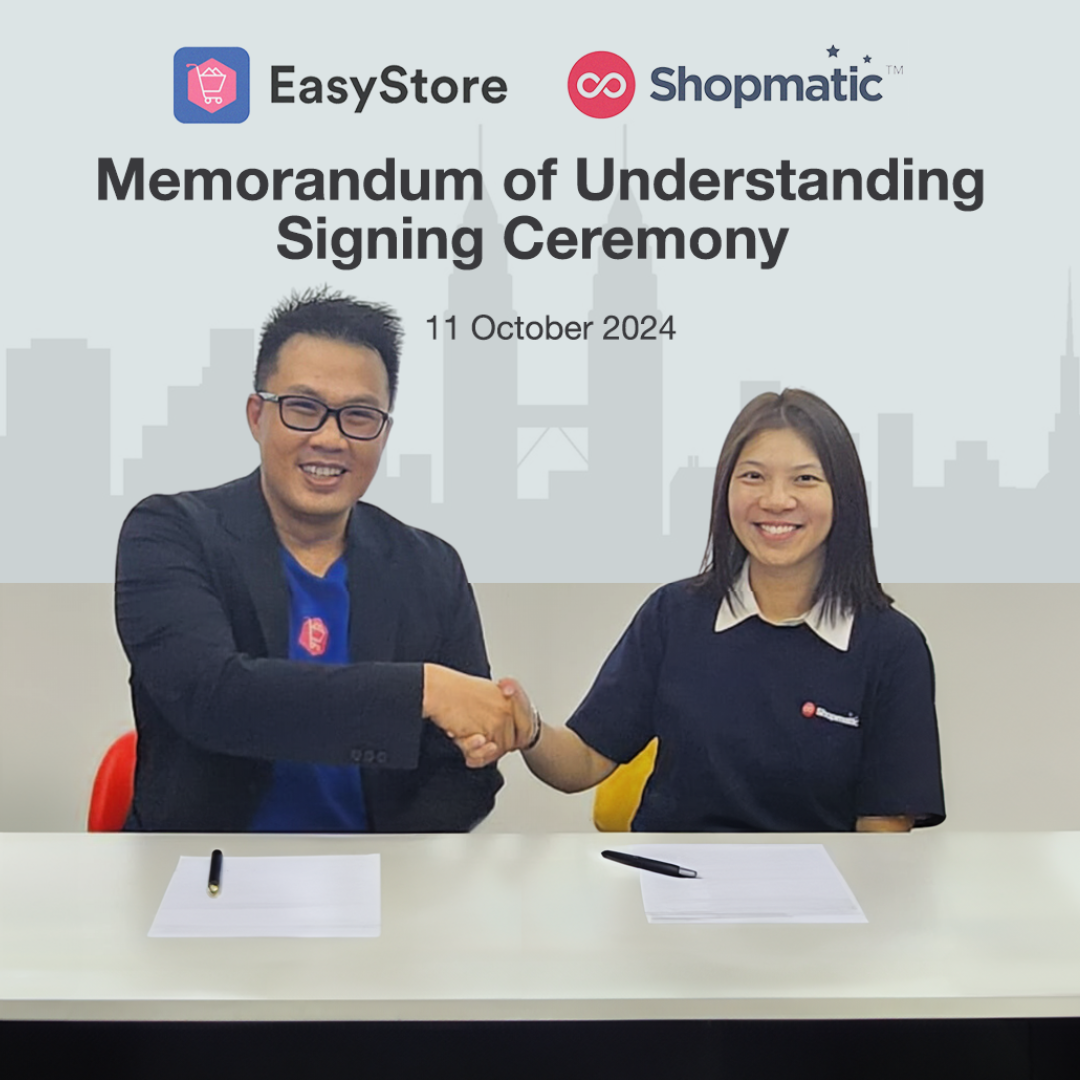
EasyStore and Shopmatic Team Up to Boost Merchant Retail Opportunities
By EasyStore Press · 11th Oct, 2024
-

September 2024 Product Updates
By Cavan Koh · 10th Oct, 2024
-

Retail Summit Asia 2024 Opening Speech by CEO Frost Chen
By EasyStore Press · 20th Sep, 2024
-
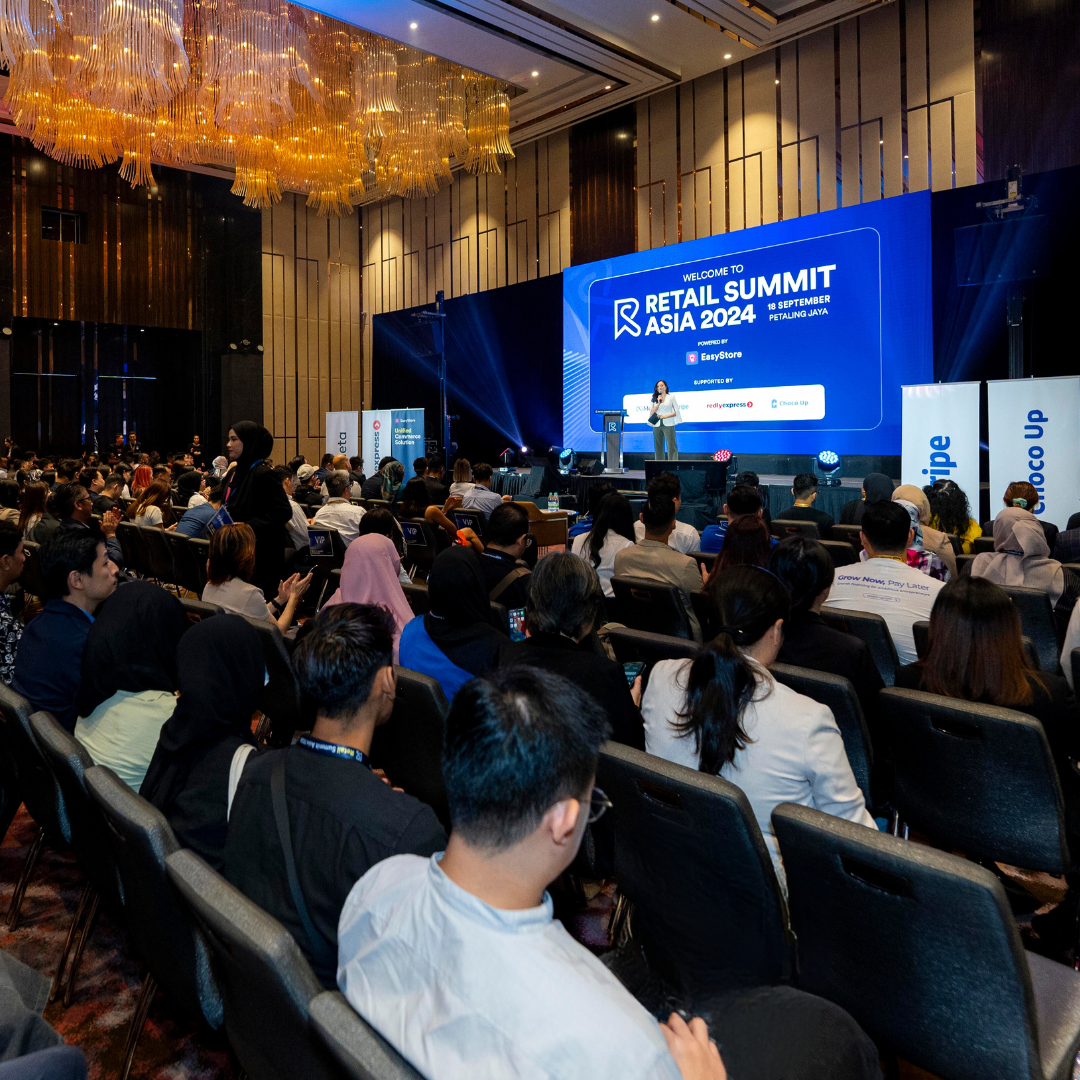
EasyStore's Retail Summit Asia 2024: A Resounding Success
By EasyStore Press · 20th Sep, 2024
-

Boost Sales with UGC & KOLs: A Power Session with BFM, EasyStore, and Cult Creative
By EasyStore Press · 12th Sep, 2024
-

BFM Marketing Mojo x EasyStore: How Unified Commerce Boosts Business
By EasyStore Press · 9th Sep, 2024
